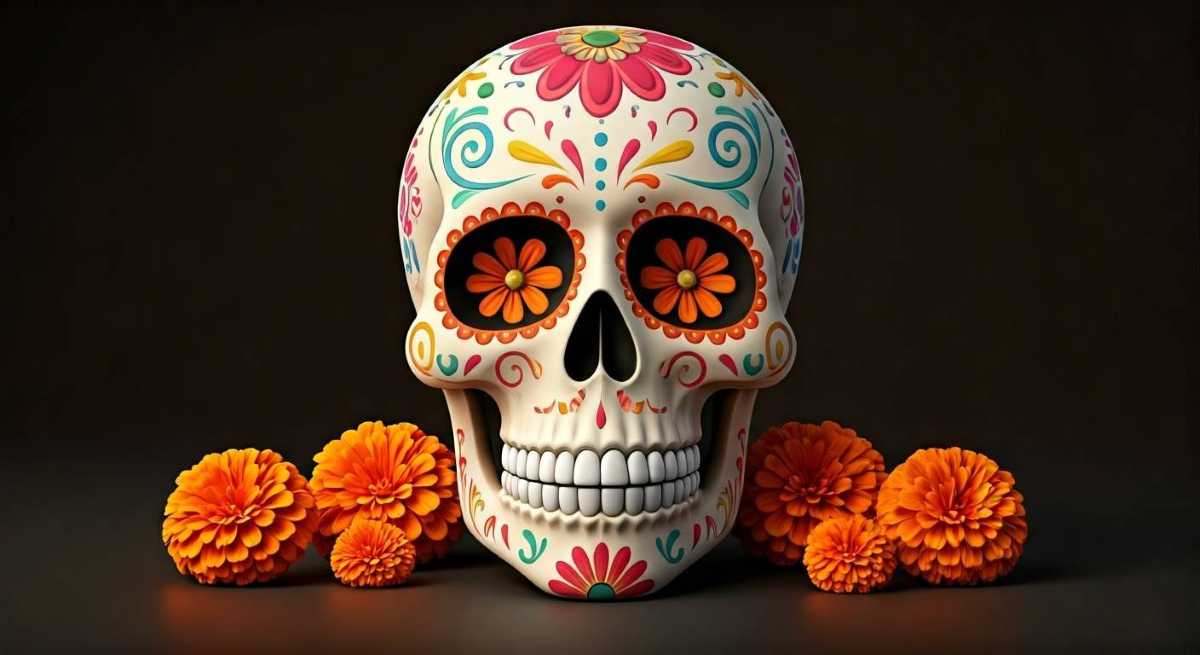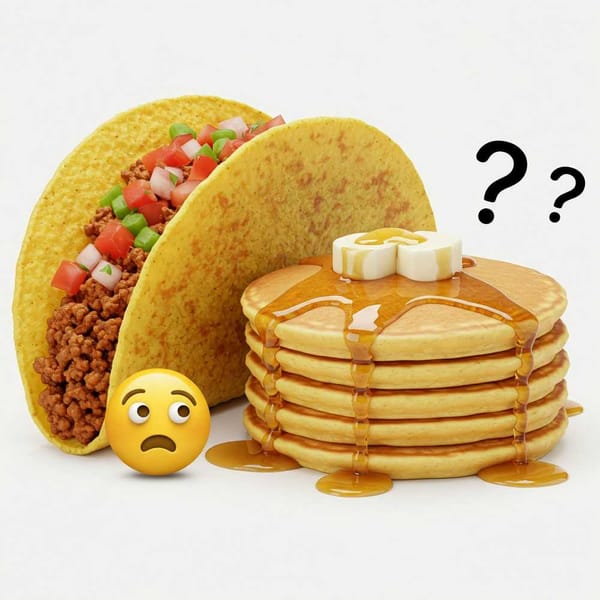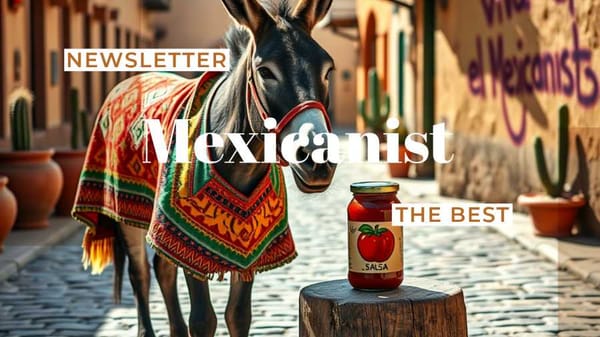Don't Fear the Reaper: How Mexicans Make Death a Laughing Matter
The Day of the Dead is a Mexican celebration that honors the deceased. It's a blend of indigenous and Catholic traditions, featuring colorful altars, sugar skulls, and humorous calaveras. Mexicans view death not as a grim reaper but as a familiar guest, inviting spirits to feast and celebrate life.

If you ever find yourself wandering through Mexico in early November, you're likely to encounter something a little... offbeat. The streets and cemeteries are alive—not with the usual buzz of traffic or chatter—but with the colorful spectacle of Día de Muertos, the Day of the Dead. And while you may assume that death is a subject that would send the Mexicans cowering into the nearest church, you'd be mistaken. Here, death is not feared. Instead, it is celebrated, joked about, mocked, and perhaps even adored. It is, as they say, "a relationship between the living and the dead." It's not something to shudder at, but something to laugh with—quite literally.
Let’s be clear: when it comes to death, Mexicans have a unique perspective. They do not treat it as an ominous specter lurking in the shadows, ready to drag your soul away. No, in Mexico, death is a friend—a mischievous one, no doubt, but a friend nonetheless. It’s a figure that is honored with songs, jokes, and above all, calaveras. And these aren’t just the bones of the dearly departed. No, these skulls are at the very heart of the festival. They are the skeletons of creativity, wit, and irreverence, brought to life with biting humor and whimsical charm.




